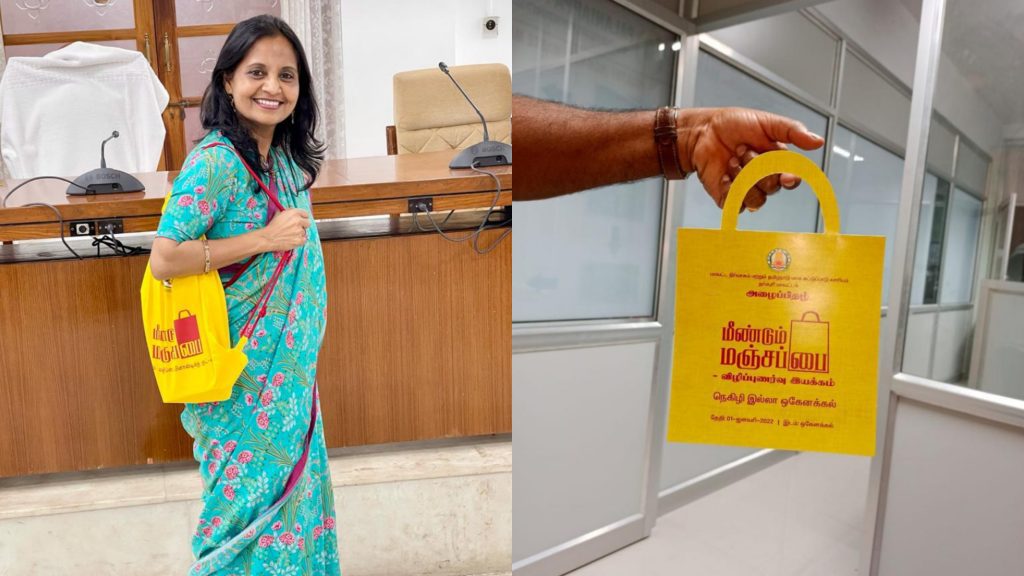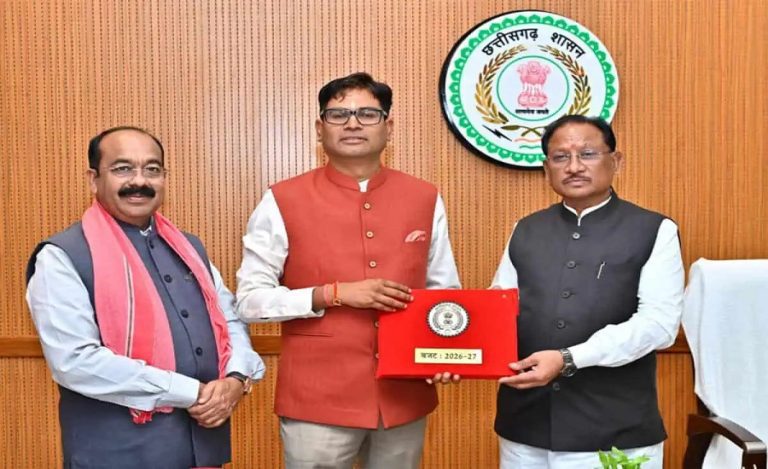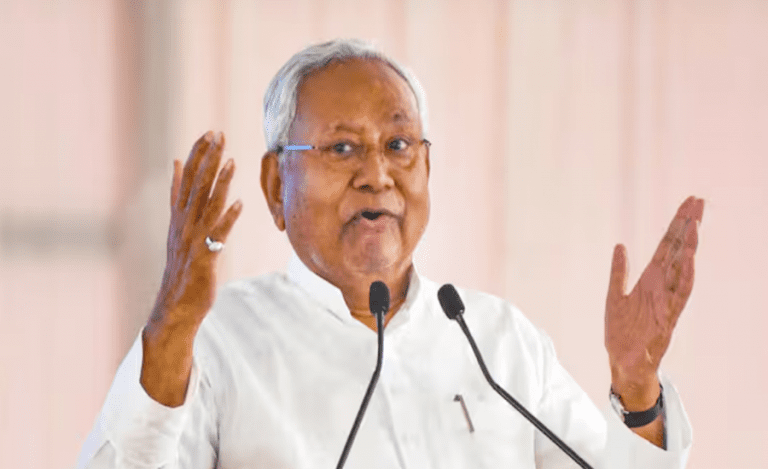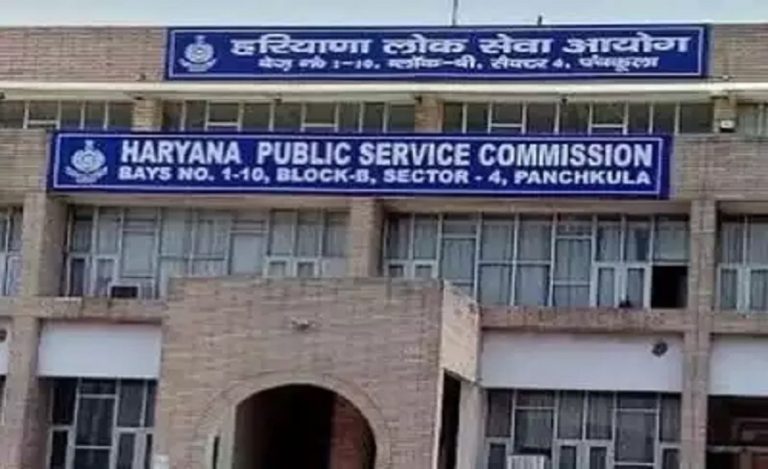Tamil Nadu is one state in the country that has successfully been implementing the ban on single use plastic by switching over to an alternative through its ‘Meendum Manjapai’ campaign. The campaign involves reviving the age-old tradition in the state of people carrying their own ‘manjapai’, a reusable cloth bag.
Not sitting on the success of this campaign alone, the state has also been exploring other alternate solutions like identifying banana fibre and areca nut as cost effective and sustainable alternative for food and flower packaging.
Indian Masterminds interviewed IAS officer Supriya Sahu, who is the Additional Chief Secretary, Environment, Climate Change and Forests, Tamil Nadu, to get detailed information about their pioneering campaigns against single use plastic.
MEENDUM MANJAPAI CAMPAIGN
Meendum Manjapai, a campaign launched by the Chief Minister of Tamil Nadu in December 2021, created awareness among citizens on the need to eliminate the use of plastic bags while also reviving the age-old tradition in the state of people carrying their own ‘manjapai’, a reusable cloth bag from the yesteryears, as an alternative.
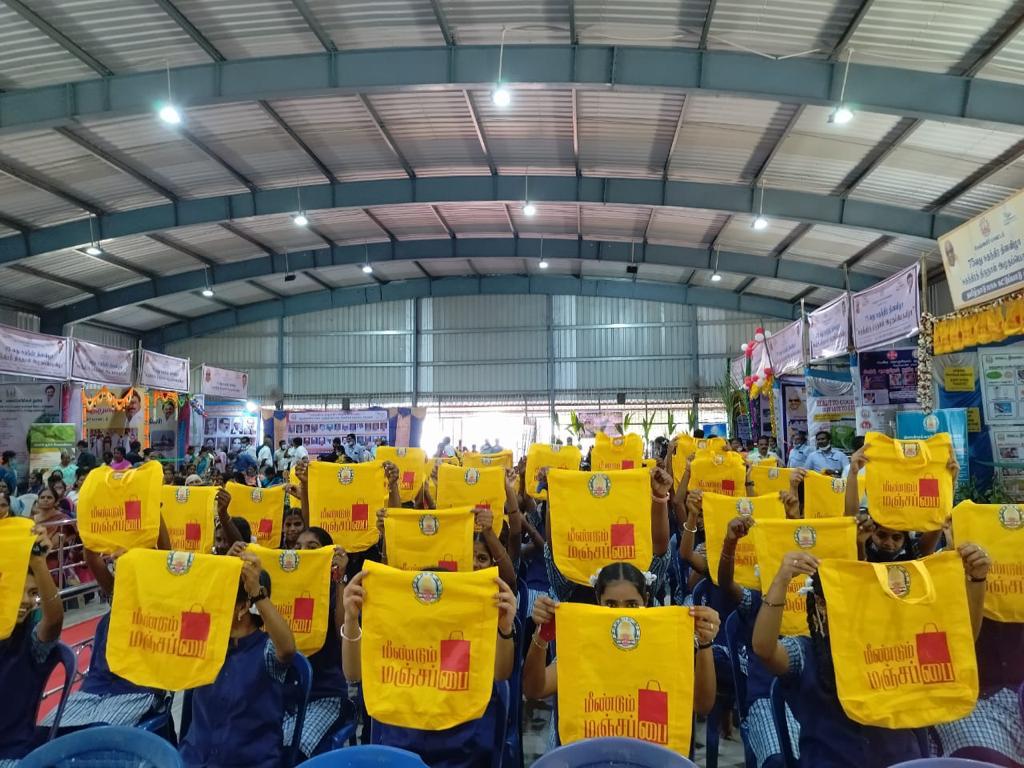
“The campaign is targeted at engaging citizens and bringing them on board to support the initiatives being undertaken by the Government of Tamil Nadu to phase out plastic bags,” Ms. Sahu told Indian Masterminds,
Simultaneously, the campaign hopes to educate people on the dangers associated with plastic and the negative impact it has on our planet and the burden it imposes to the future generations. This also encourages them to make an informed choice to switch over to sustainable options.
Tamil Nadu has now installed manjappai vending machines at common points in the city of Chennai for easy accessibility. They are priced at a nominal fee of Rs. 10 per bag.
“Though the vending machine and its usage comes with its own challenges which is necessary to learn and correct the glitches to make its functioning more user friendly, there has been a relative amount of success and sales during the initial stages and we only hope to see more success in the coming days and months,” Ms. Sahu said.
PEOPLE RECEIVE IT WELL
Since its launch, the people of the state have been very receptive to the manjappai and the campaign has proved to be a success with most people now asking for the availability of the yellow bag.
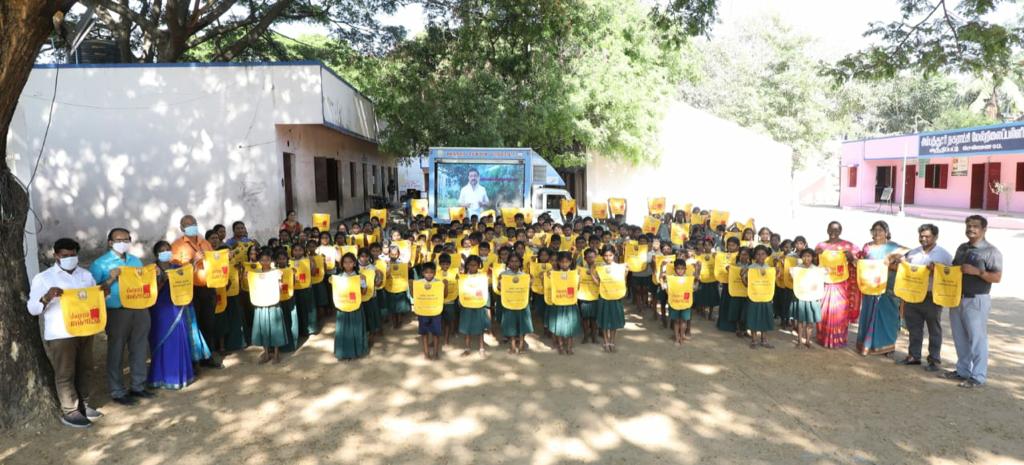
“We are very confident of the awareness the campaign has brought about and very satisfied with its reach across the state, making the Meendum Majappai campaign a people’s movement. People are now more conscious of what they use and carry and are making an effort to cut out plastic from their lives and are looking at a more sustainable living,” Ms. Sahu said.
PLASTIC BAN FROM 2019
Back in 2019, Tamil Nadu banned the use of single-use plastic with the sole aim to educate citizens on the hazards of plastic on earth and in the process encourage them to use alternatives.
Ms. Sahu said that the journey so far has been satisfying though not without a number of glitches and hinderances that did come their way. But, in spite of that, the state has emerged a winner and has managed to convert at least a majority of its population towards shunning plastic and adopting alternatives.
Since the ban in January 2019, the state has seized a total of 1768 tonnes of plastic and collected a total of Rs. 10 crores as fine. Fines are levied at every juncture if people or businesses are found using banned plastic. Along with it, a plethora of awareness campaigns and workshops are being conducted to educate people on the harmful consequences of plastic.
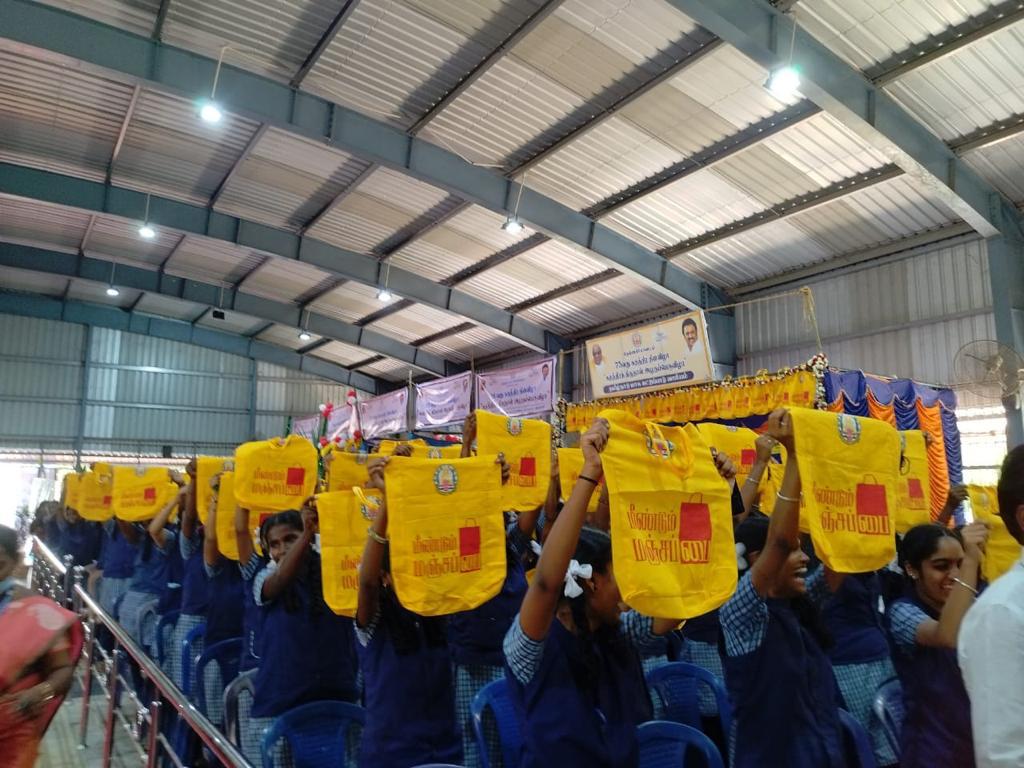
“A majority of the plastic waste were distributed to the cement industry who in turn convert it to fuel for cement manufacture. A majority of restaurants have been using alternates for food packaging and delivery and the Department of Environment, Climate Change & Forests has recently tied up with the Hoteliers Association of Tamil Nadu to deliver food in the state launched Manjapai,” Ms. Sahu said.
LOCKDOWN HELPED TO CONTROL
During the unprecedented Covid breakout and the subsequent lockdowns as a result, it was a tad easier for them to control the usage of plastic. As a large portion of plastic waste was coming in from the neighbouring states, this standing issue got curtailed because of the interstate travel ban. And, with large stores and malls closed during this period, monitoring plastic usage became easier.
“With only grocery stores, medical stores and food delivery open during Covid, assessing the usage of plastic and the accumulation of plastic waste was in fair control.”
ALTERNATE SOLUTIONS
Ever since the ban was enforced on single use plastic, Tamil Nadu has been working with various stakeholders that include research universities and individual organisations to come up with alternate solutions to plastic.
“So far, we have identified banana fibre and areca nut which have proved to be cost effective and sustainable for food and flower packaging, along with the launch of Meendum Manjapai.”
GREEN FELLOWSHIP PROGRAMME
Tamil Nadu has also introduced the Green Fellowship Programme which will see young people working alongside district officials to tackle the usage of plastic and other factors leading to climate change.
“With the impacts of plastic usage intensifying over time, young people will face the worst effects. Hence, today’s youth have to fight back as positive influencers and make that change for the better that the world is striving for,” Ms. Sahu said in conclusion.

